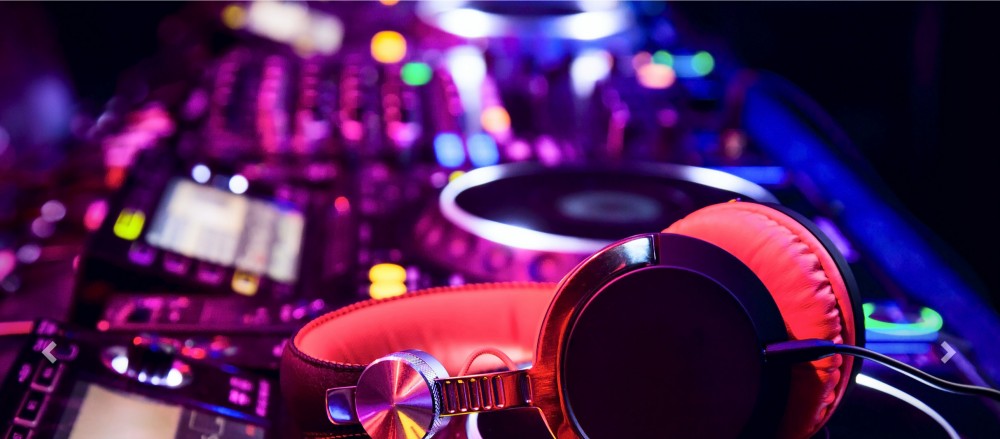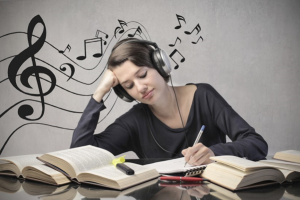Before I joined to this group project, my idea of DJs were pretty vague. People standing before turntables with headsets, moving on rhythm, continuously nodding to the beat while closing their eyes and stopping the vinyl record occasionally with their fingers, rewinding and playing music to get people to dance… that’s all. Although something tells me it is not that easy, so I did some research on what is it like to be a DJ, how you can create the career path to be a DJ, how much money the DJ can earn and so on.
You can also check out this Documentary about the DJ and Producer Lifestyle
https://www.careersinmusic.com/dj_nightclub-dj/
Here are some points people not familiar with DJ culture may find them interesting.
- There are two different kind of DJ careers: those who just play the music and those who create music and play them as a performance.
- The DJ needs skill of networking and social skill to build a fan base.
- The DJ cannot pursue money as his/her priory goal. Sometimes they must play unpaid. After becoming famous, they earn money from performing and from the royalty of their own tracks. “On average, a reasonably successful DJ can expect to make a few hundred dollars per show.”
- Many DJs work few hours at weekend nights, from Thursday to Saturday.
- DJs must work with promoters, bookers, night club managers. At first you become friends with them to let them book you.
- To be a DJ, you will be offered to perform gigs for free, so people will know you, and you can build fan base. Then your DJ career may on a right track though it is pretty competitive.
- There is no working union for DJs though as a tracks owner they belong to a music royalty organization.
My conclusion is, it is for your weekend jobs. The interesting thing is as part of their necessary tasks, building a fan base by using social media is recommended. I believe our site will help many DJs who doesn’t have enough time or skill to do that. Even if they have, it is always nice to have extra sites to collaborate with their works and ways to have deeper engagement with fans. In a DJ’s world, social media is powerful and it is going to be more powerful as the era of Web 3.0 arrives.

 Given young people are our chosen demographic focus one suggested feature is advice on what music is useful for studying. However, miXXerS is specifically for people who go to parties. While the idea came up it is quite a divergence from the main aim of the site which targets DJs, party/concert goers and musicians and party producers/promoters. Given we are a team of all students that like music we are getting our music on as we work on this project.
Given young people are our chosen demographic focus one suggested feature is advice on what music is useful for studying. However, miXXerS is specifically for people who go to parties. While the idea came up it is quite a divergence from the main aim of the site which targets DJs, party/concert goers and musicians and party producers/promoters. Given we are a team of all students that like music we are getting our music on as we work on this project.